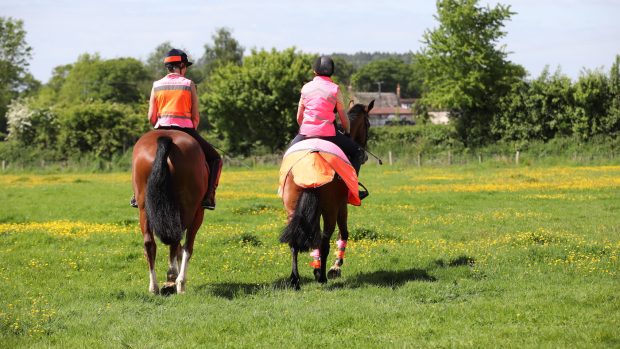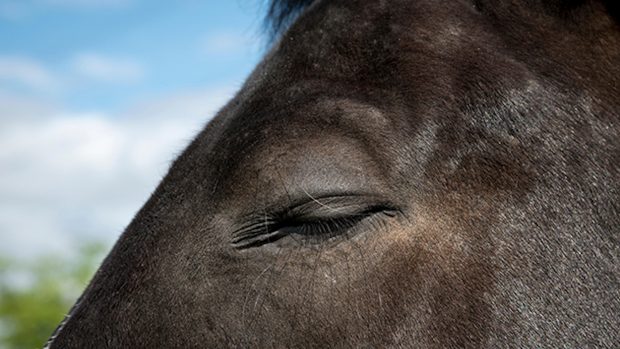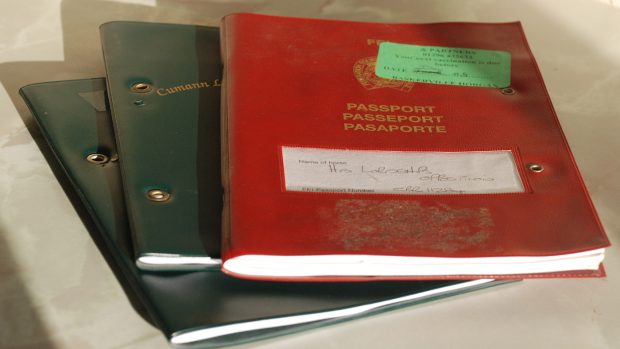Plans are being revealed this week for Britains national equine database (NED), which may be up and running in as little as two years.
The database will be the result of a partnership between the equine industry, represented by the British Equestrian Federation (BEF), and DEFRA, with the government funding both the development and the start-up costs. After two years the envisaged start-up period the project is to be self-funding.
Basic data collected on every registered equine in the UK from the 70-plus passport issuing organisations (PIOs), breed societies and competition bodies will be transferred to a main database, and stored electronically.
The compulsory information for each equine will be: Unique Equine Life Number (UELN), name, date of birth, sex, colour and height (as it is on passports). However, additional information on breeding, evaluation and performance data the type of information held by breed societies, competition bodies and some PIOs is to be included only if the holders are willing to provide it.
“Much depends upon the co-operation of the PIOs and competition bodies, and their willingness to provide this information,” says Graham Suggett, BEF consultant director of breeding. “But were not asking anyone to do anything different to what they do now, except to let us have it.”
Graham is confident that NED will not suffer the same fate as the BHD, which folded in 2001 after nine years in operation.
He says: “There is nothing in the world like the system were envisaging: its going to be the Rolls-Royce of databases. DEFRA gets a database to assist in managing the passport scheme and the surveillance and control of disease in equines.
“Breeders get a tool to assist in selective matings; buyers get information to assist in purchasing horses and ponies; British Breeding gets a repository for the valuable information coming from young horse evaluations, which will enable research work to progress the development of breeding indices for mares and stallions.
“The equine industry eventually will have higher quality horses and ponies, which means more success in competitions with British-bred horses, improved export potential, better prices and a more prosperous British breeding industry.”
The envisaged web-based system will allow anyone in the world access to the data, for which there will be a charge. The whole thing will be run by a non-profit-making company, National Equine Database (NED) Ltd.
- Read the full story, including why the BSJA is planning to withhold its breeding details from the database, pus the views of industry experts, in today’s issue of Horse & Hound (29 January).

 Get up to 19 issues FREE
Get up to 19 issues FREE
 UK’s No1 weekly for Horses for Sale
UK’s No1 weekly for Horses for Sale
 Latest results and reports
Latest results and reports
 TO SUBSCRIBE CLICK HERE
TO SUBSCRIBE CLICK HERE






